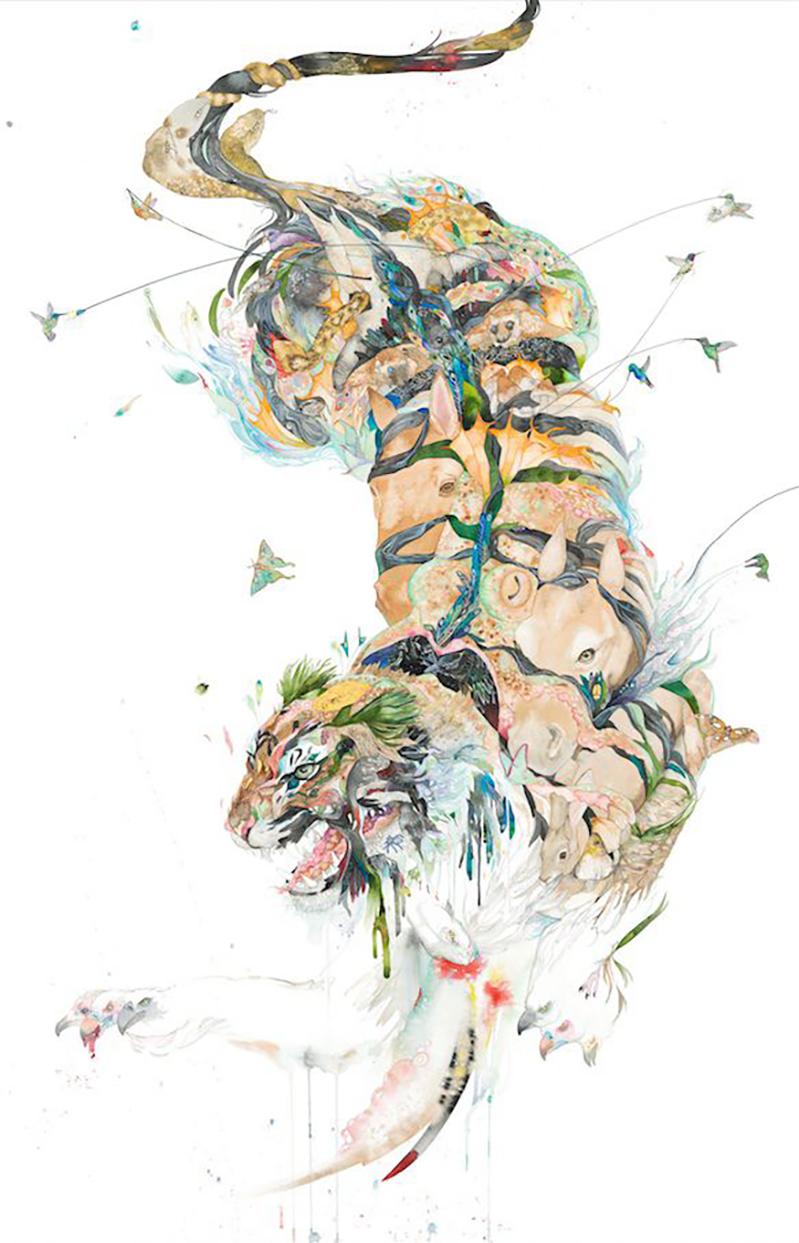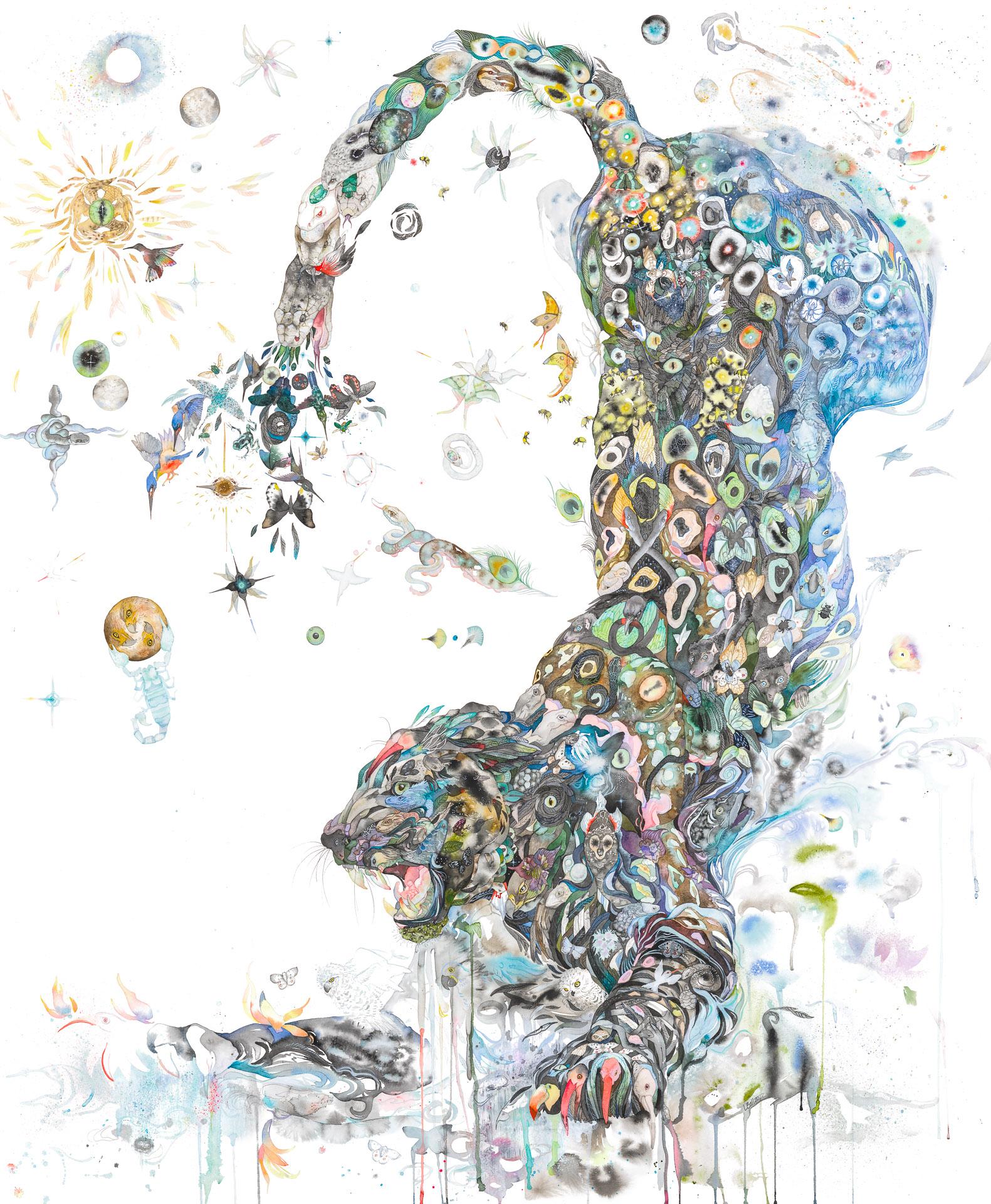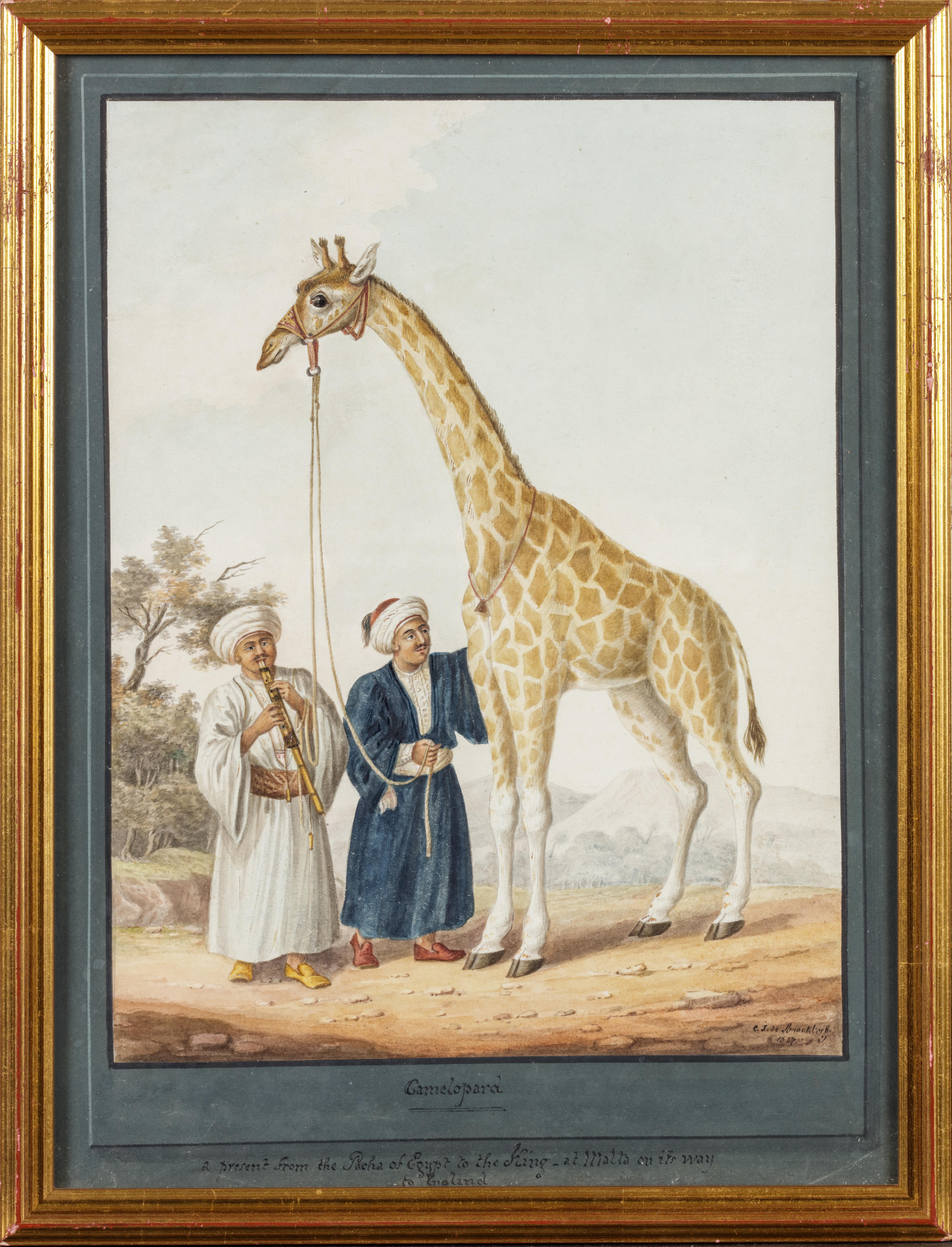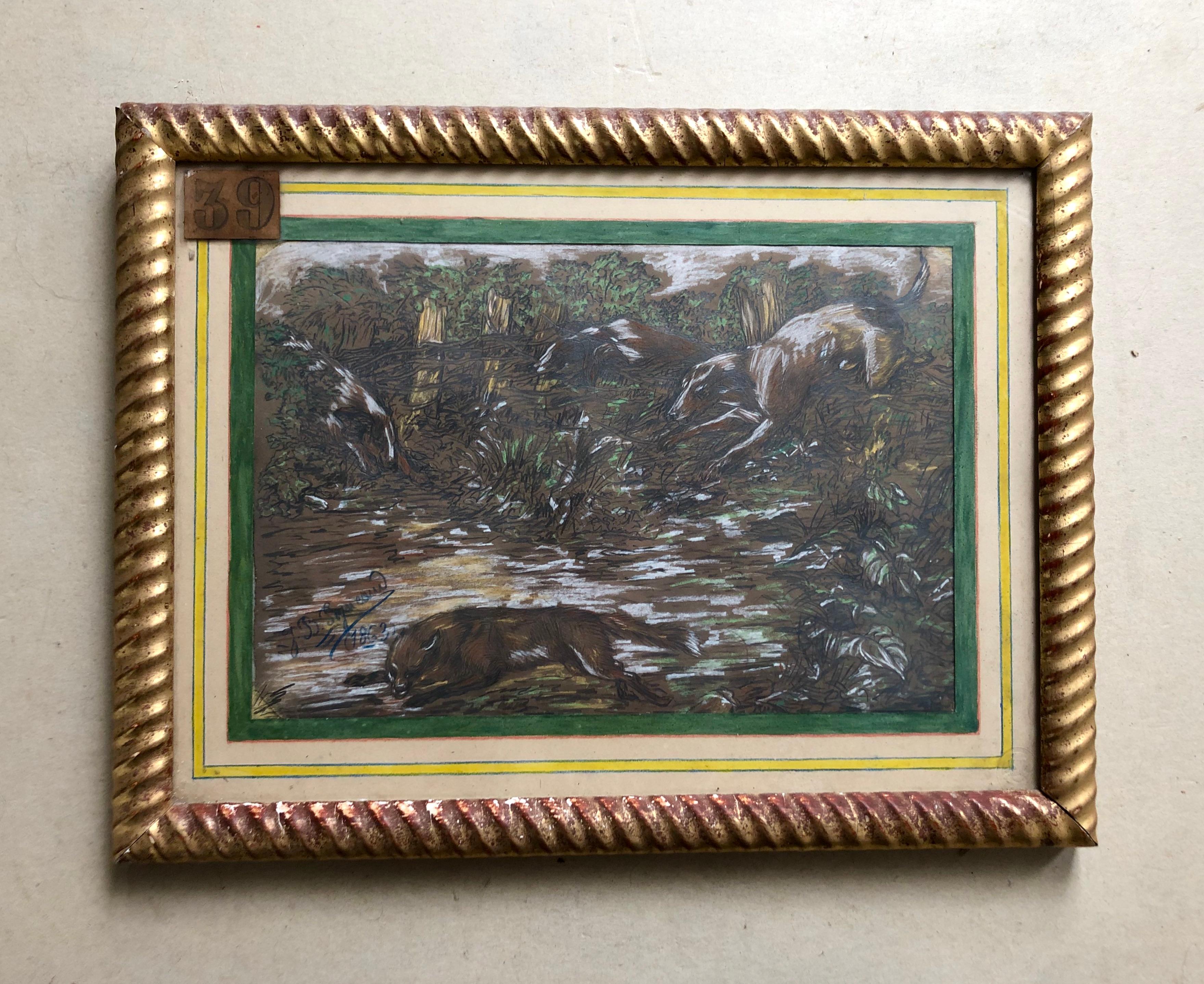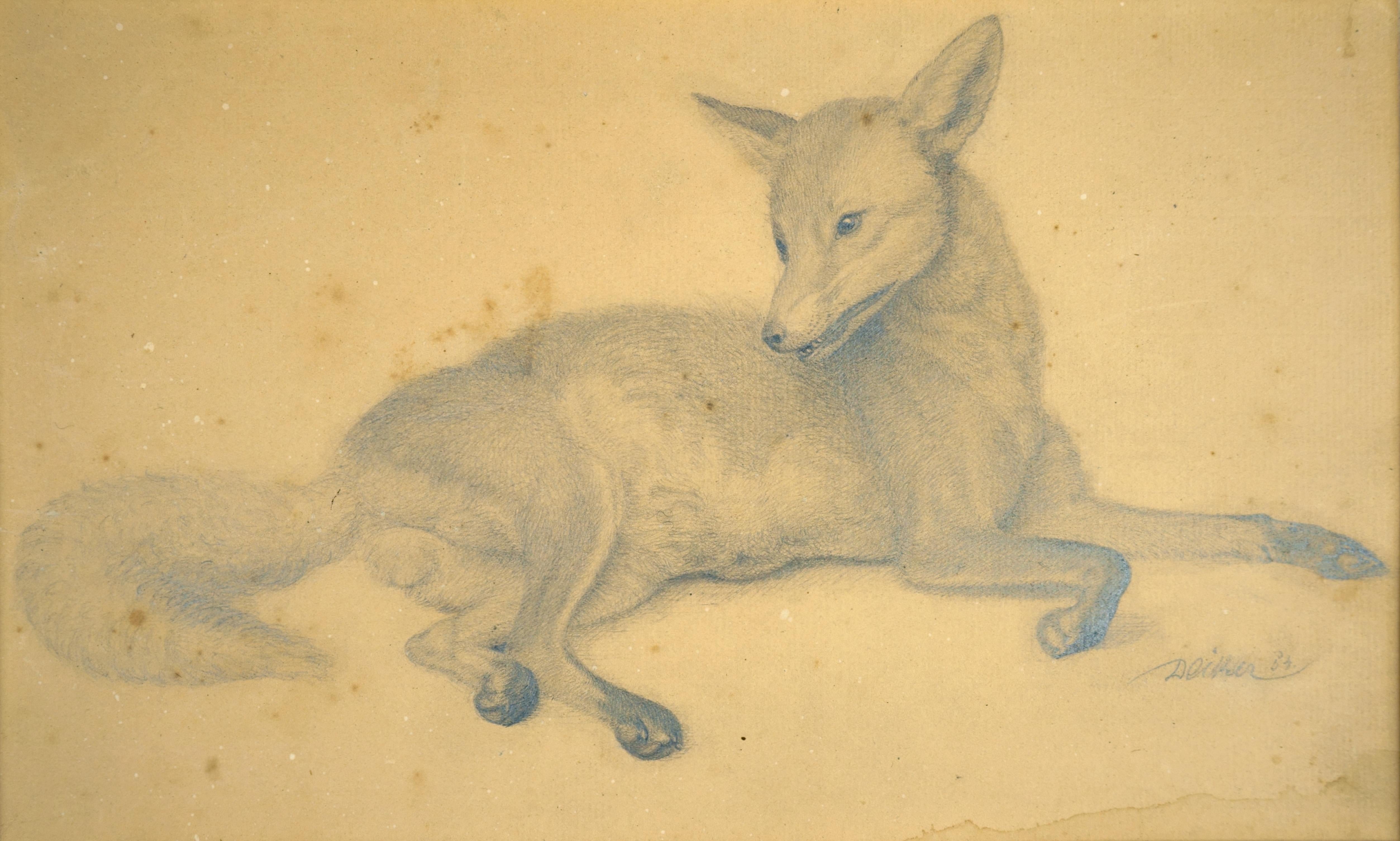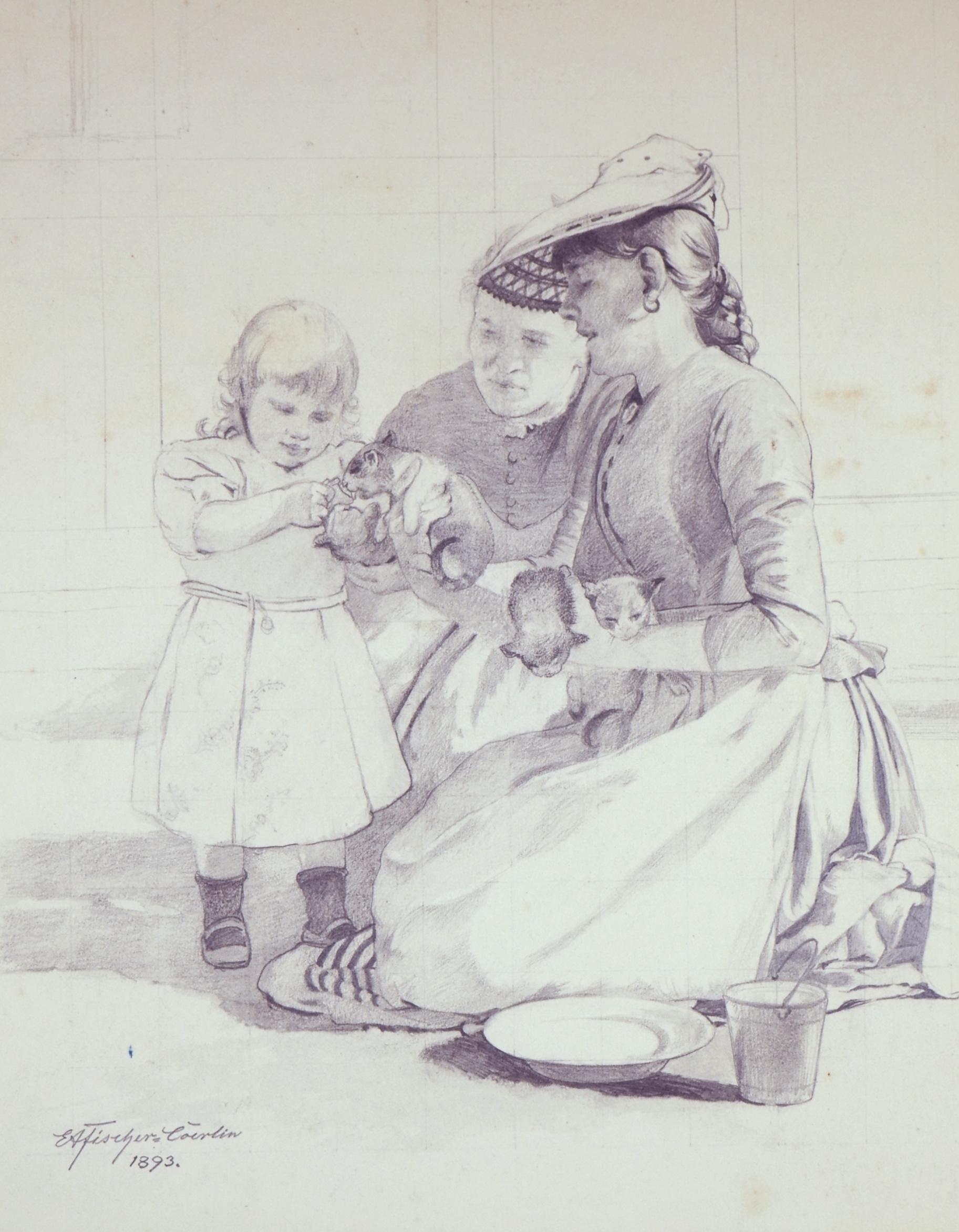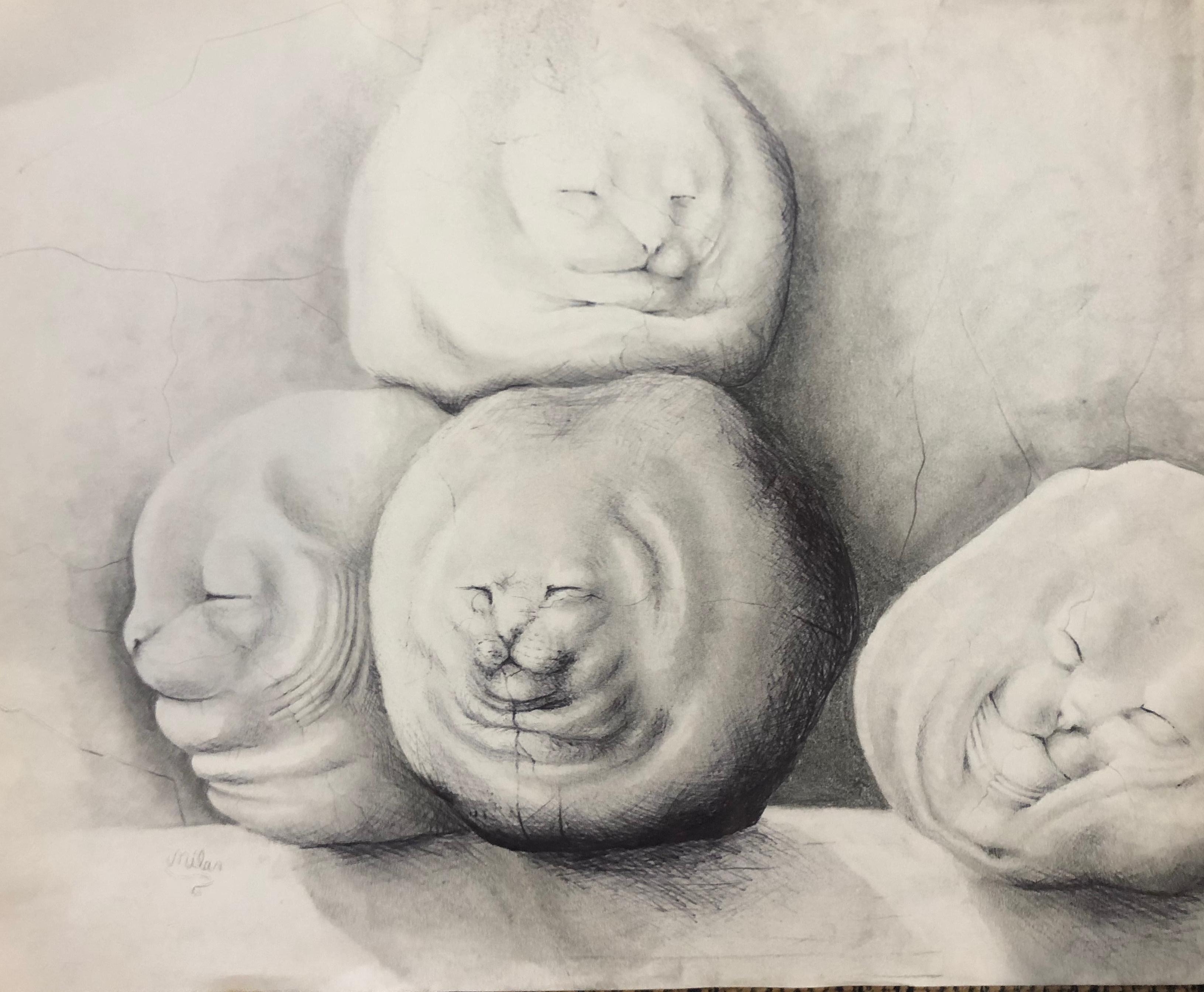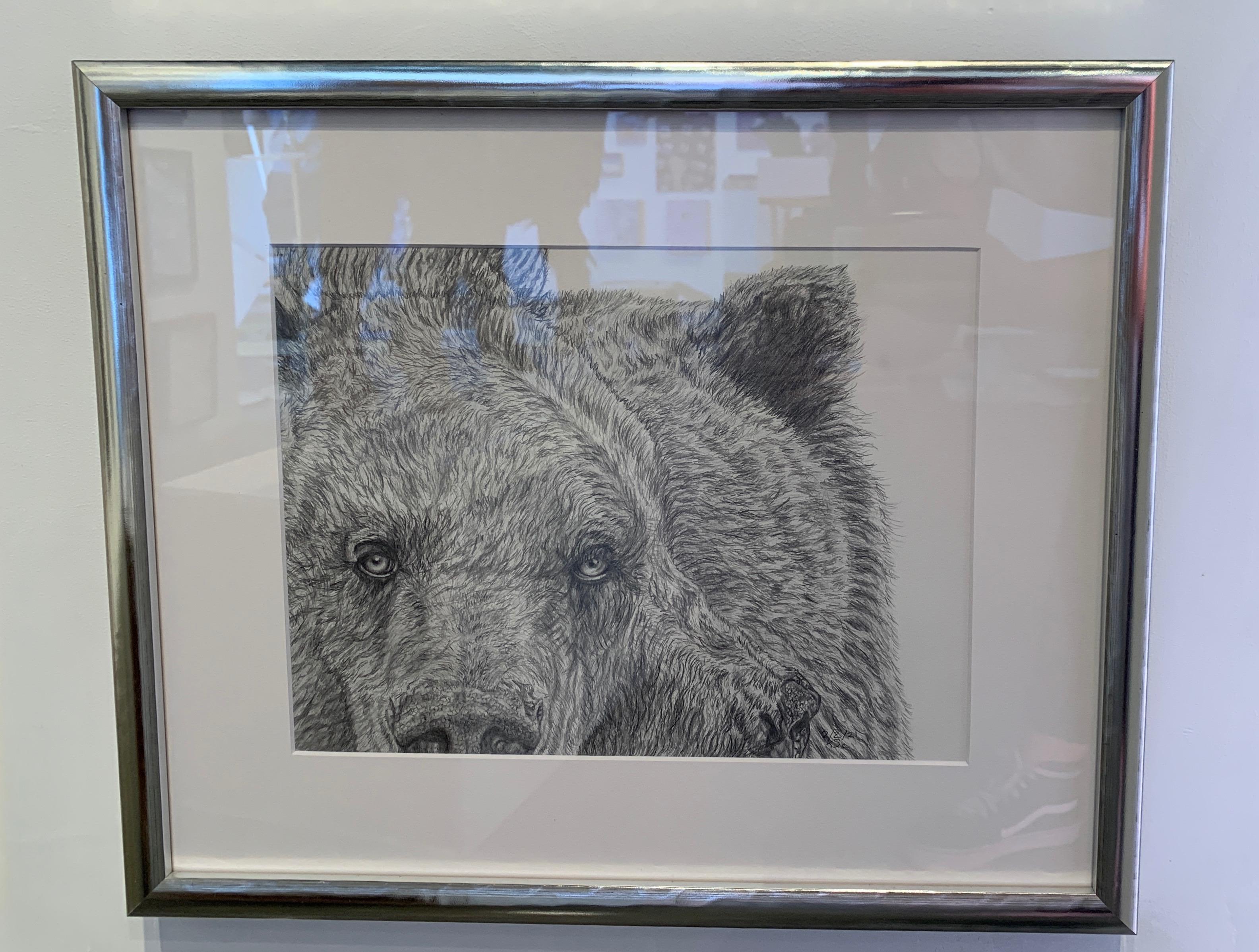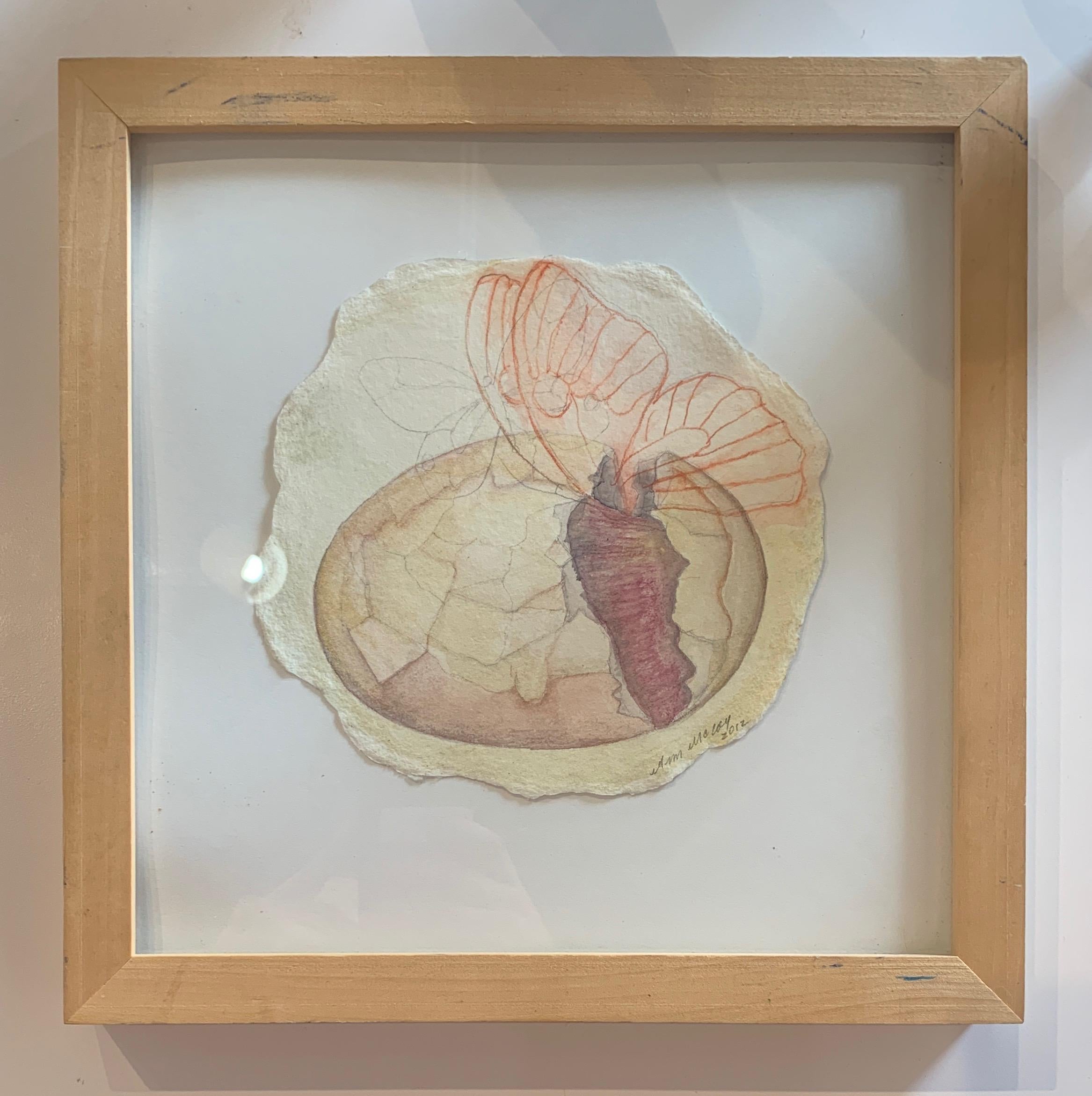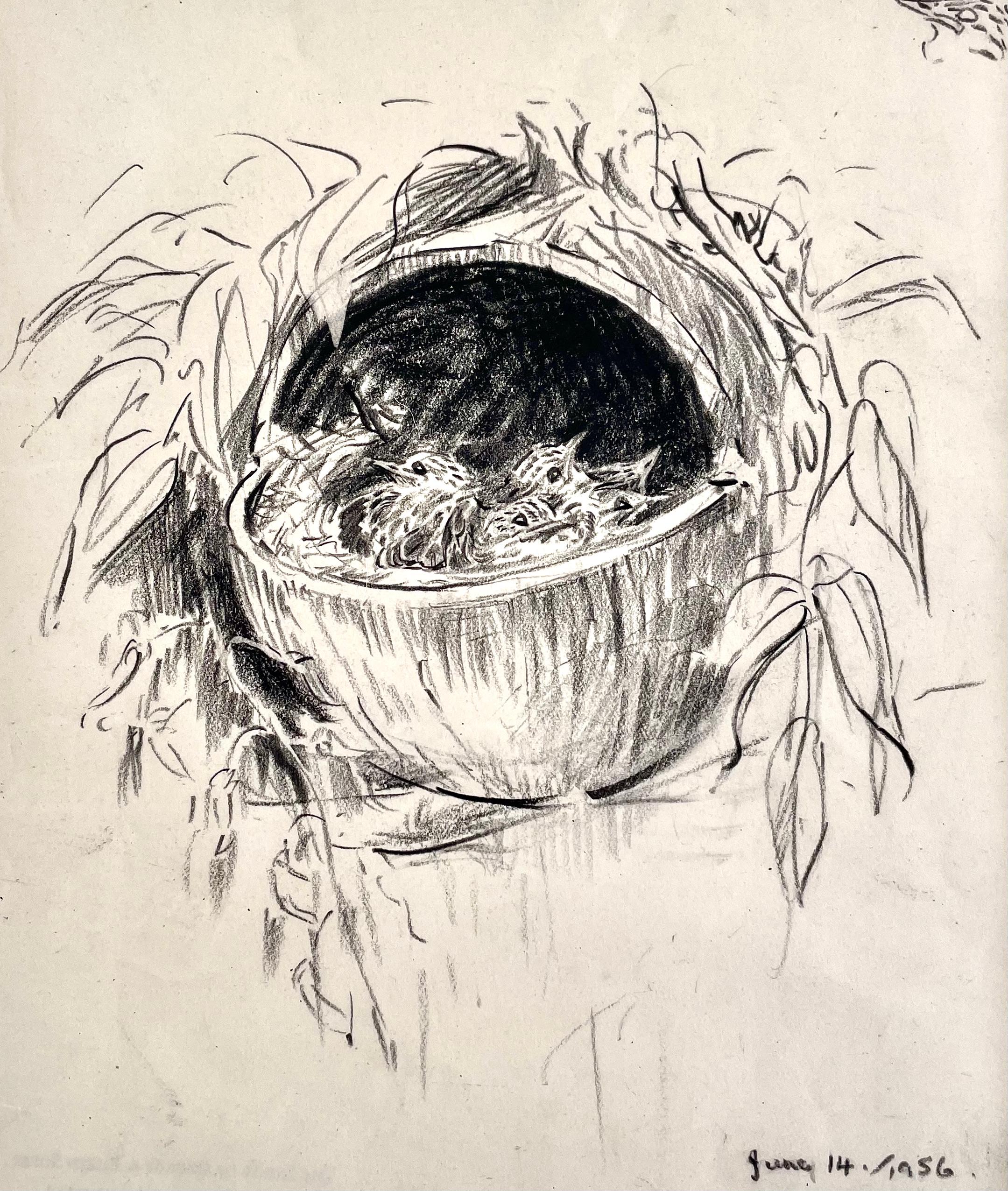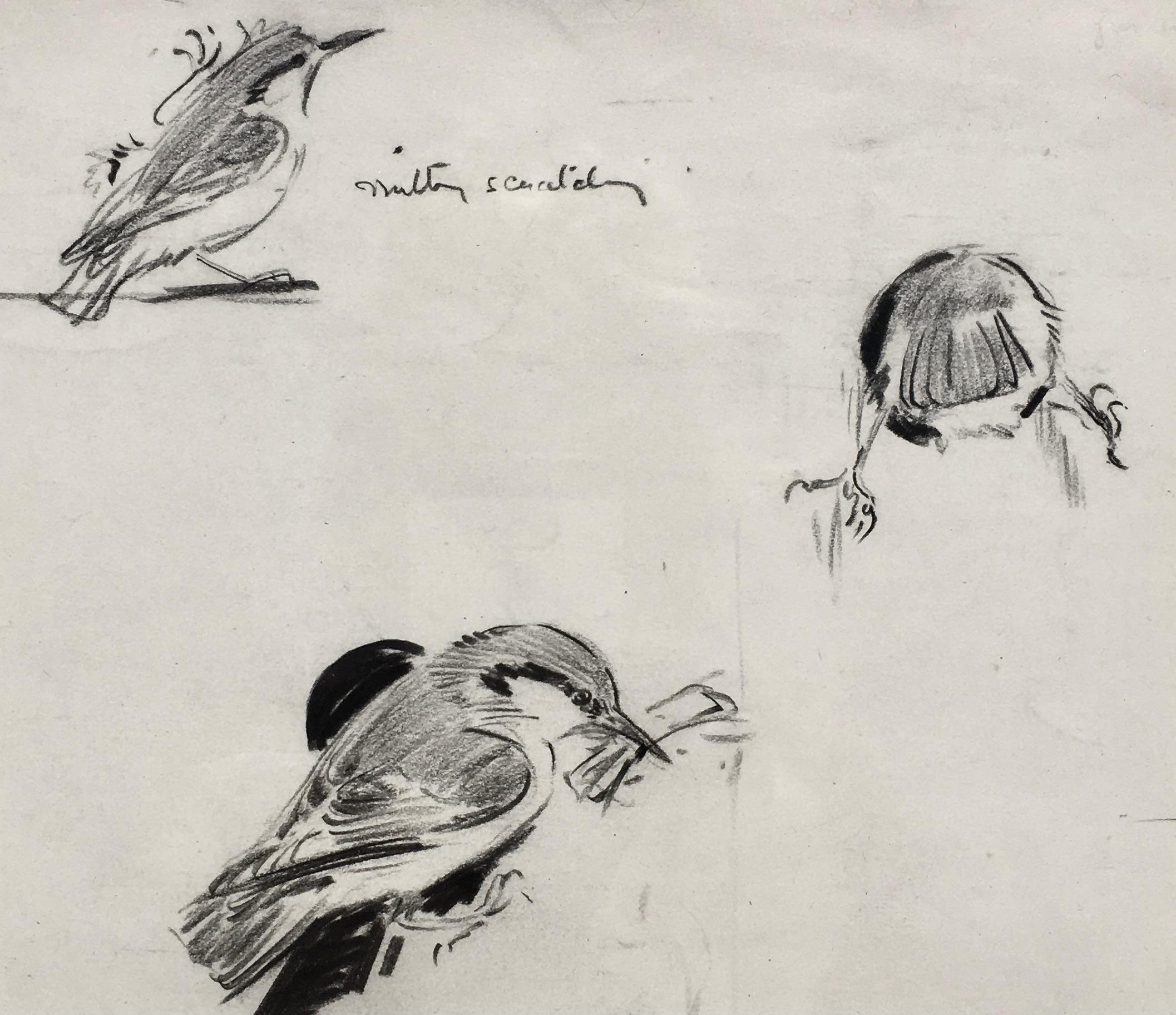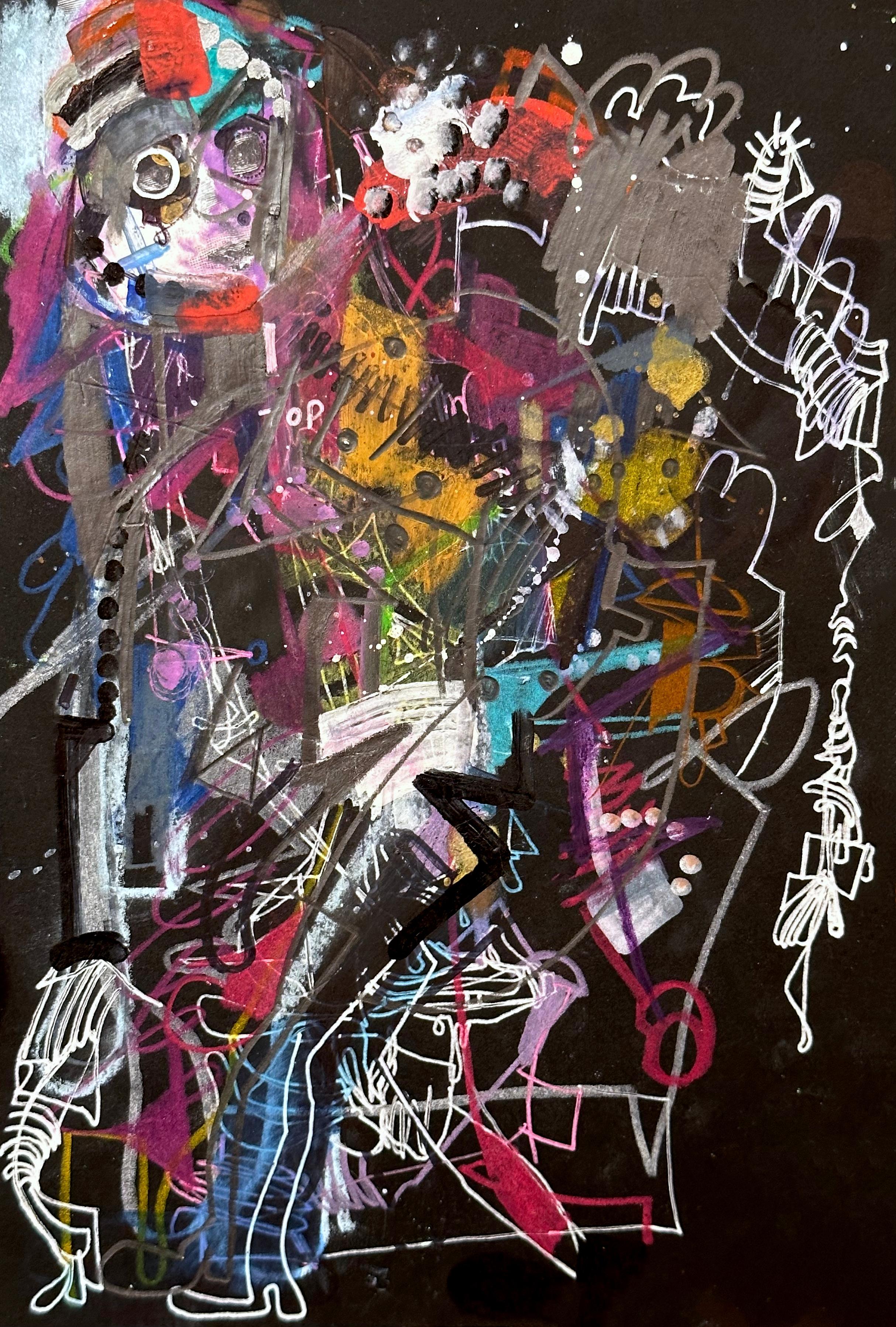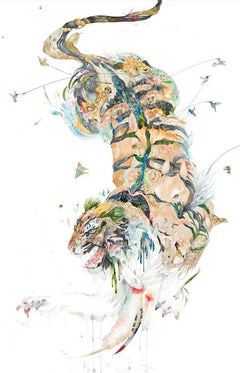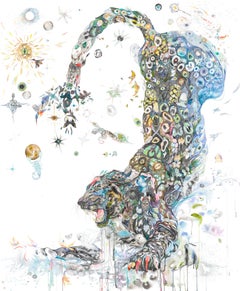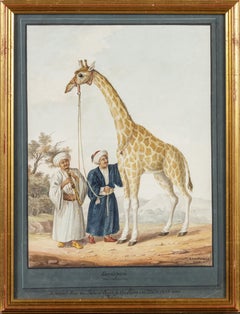French drawing of Horse
View Similar Items
Want more images or videos?
Request additional images or videos from the seller
1 of 8
J. MarchandFrench drawing of Horse1900
1900
About the Item
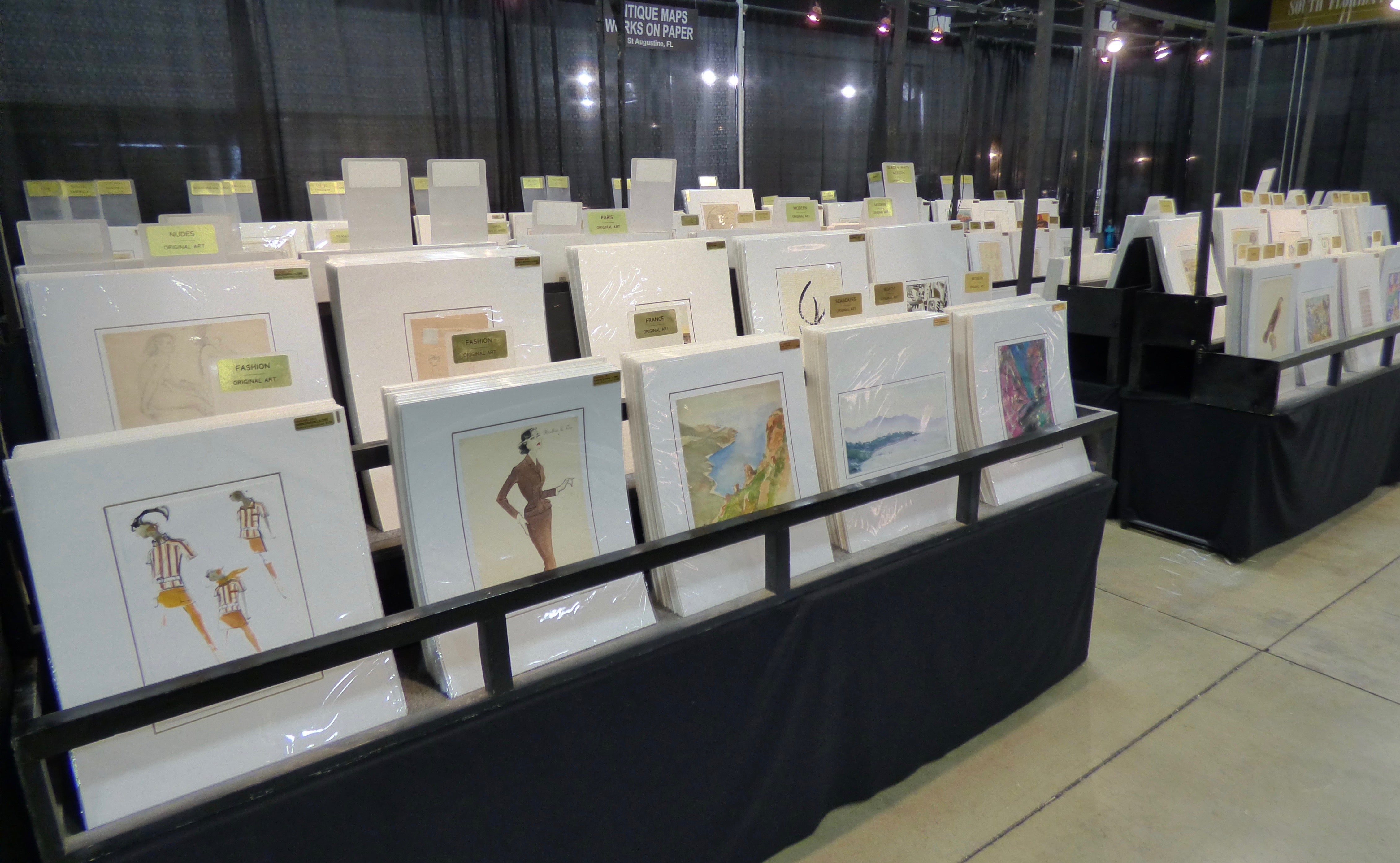
About the Seller
5.0
Platinum Seller
These expertly vetted sellers are 1stDibs' most experienced sellers and are rated highest by our customers.
Established in 2001
1stDibs seller since 2015
1,027 sales on 1stDibs
More From This SellerView All
- Vintage French Landscape - Peacock PondLocated in Houston, TXPencil drawing of splendid peacocks resting peacefully beside a glistening pond and willow tree. Signed and dated 1942 lower right. Displayed on a white mat with a gold border and ...Category
1940s Animal Drawings and Watercolors
MaterialsPencil, Paper
- Horse with HarnessBy Jean-Baptiste GrancherLocated in Houston, TXPencil drawing of horse with harness by French artist Jean-Baptiste Grancher, circa 1950. Original artwork on paper displayed on a white ...Category
1950s Animal Drawings and Watercolors
MaterialsPencil
- Steer Laying DownBy Leo LabusquiéreLocated in Houston, TXDelightful pencil drawing of a steer laying down by French artist Leo Labusquiére, 1950. Signed lower right. Original artwork on paper displayed on a white mat with a gold border....Category
1950s Animal Drawings and Watercolors
MaterialsPencil
- Watering Hole DrawingLocated in Houston, TXBeautifully detailed 19th century French drawing of cattle being lead to watering hole, circa 1895. Signed lower right. Original artwork on paper disp...Category
1890s Animal Drawings and Watercolors
MaterialsPencil
- Etching - The Lioness Pastel Watercolor and Acrylic Anthropomorphic LionessBy Ana MayLocated in Houston, TXBright and lively etching colored with watercolor, pastel and acrylics of an anthropomorphic lioness-woman by Mexican artist Ana May, 2012. Signed lower right. Original artwork on p...Category
21st Century and Contemporary Animal Prints
MaterialsPastel, Watercolor, Acrylic, Etching, Paper
- Drawing of HorsesBy Irmgarg von ReppertLocated in Houston, TXMid-century pen on paper drawing by Irmgard von Reppert, circa 1960. Original artwork on paper displayed on a white mat with a gold border. Mat fits a standard-sized frame. Archival...Category
1960s Animal Drawings and Watercolors
MaterialsPen
You May Also Like
- Siberian Tiger CreatureBy Laura BallLocated in Denver, COAdeptly harnessing musings of the subconscious mind, Ball utilizes recognizable yet otherworldly imagery. Mythological creatures, swirling parrot wings, and fantastical flora join to...Category
2010s Contemporary Animal Drawings and Watercolors
MaterialsGesso, Ink, Acrylic, Watercolor, Gouache, Graphite
- CosmosBy Laura BallLocated in Denver, CODavid B. Smith Gallery is proud to present Cosmos, by Laura Ball, the artist’s fourth solo exhibition with the gallery. Featuring 18 new watercolor paintings, Ball’s deep connection ...Category
2010s Contemporary Paintings
MaterialsInk, Acrylic, Watercolor, Gouache, Graphite
$11,000 - The King's CamelopardLocated in Amsterdam, NLCharles Frederick de Brocktorff (1775–1850) ‘Camelopard – a present from the Pacha of Egypt to the King – at Malta on its way to England’ Signed and dated C.F. de Brocktorff. / 1827. lower right, inscribed as titled in the painted margins lower centre. Pencil and watercolour heightened with gold paint and gum arabic on paper, 36.8 x 27.9 cm A gift so majestic, it made kings blush, and a gift so grand, it would startle Europe into a craze. Pasha Muhammad Ali of Egypt (1805-1848) did it in 1827: he sent to Europe three magical spotted, horned creatures, each with a neck reaching the skies and legs as long as a house is high. One giraffe to King Charles X of France, one to Francis I of Austria and the most fabled one to King George IV of England. A curious sight for Europeans, who had not seen such a beast since the Medici giraffe in 1487. Few animals created more of a stir in Europe than these royal...Category
1820s Naturalistic Animal Drawings and Watercolors
MaterialsGold
- Fox Hunting, Drawing Signed And Dated 1863Located in SAINT-OUEN-SUR-SEINE, FRFox hunting. Graphite and pastel highlights. Drawing signed and dated 1863. Signature to be identified. Framed and under glass. Old frame gilded with fine gold. Small stucco gaps in ...Category
1860s Animal Drawings and Watercolors
MaterialsPastel, Graphite
- Vigilant Fox - The psyche of the fox -Located in Berlin, DECarl Friedrich Deiker (1838 Wetzlar - 1892 Düsseldorf). Vigilant fox. Pencil drawing on brown paper, 18 × 29.5 cm (inside measurement), 31.5 x 43.5 cm (mount), signed and dated "Deiker [18]54" at lower right. - a little bit stained, with a light water stain at lower right About the artwork Carl Friedrich Deiker's consummate ability to depict animals is already evident in this early work. He brought a whole new psychological dimension to animal painting, so that one could literally speak of animal portraits. The naturalistic appearance of the fox alone makes it seem alive. Every strand of muscle, even every hair, is captured, which requires an intensive artistic study of animal anatomy and physiology. But the fox's real liveliness comes not from its natural appearance, but from its internal movement: Stretched out, it has been brought out of rest. It turns around and, with its ears pricked up, looks intently in the direction from which it has seen something. His mouth is slightly open and his pointed teeth are bared, as if he were growling. Tension gradually takes hold of his whole body. While the hind legs were still in a relaxed position, closely observed by Deiker, one front leg was already raised, ready to begin a rising movement. The fox seems so alarmed with all its senses that one gets the impression that, at any moment, its tail will move jerkily and the animal will jump up. While wild animals have traditionally been portrayed as beasts or anthropomorphised, often for caricatural purposes, Deiker explores their inherent nature by attempting to capture their psychic impulses. The wild animal is neither bestial nor human, but a creature in its own right, valued by Deiker for its own sake. In this way, he brought the dignity of the animal into representation and raised animal painting to a whole new artistic level. About the artist Carl Friedrich Deiker was the son of the drawing teacher Christian Friedrich Deiker and the younger brother of the animal painter Johannes Deiker. In addition to the family art lessons, Christian Friedrich shared a studio with his brother Johannes at Braunfels Castle, Deiker attended the drawing academy in Hanau, and from 1858 he was a student at the Karlsruhe Art Academy, where he studied under the landscape painter Johann Wilhelm Schirmer. Carl Friedrich Deiker was already in demand as an artist during his first year: Grand Duke Frederick I of Baden, Margrave Max of Baden and Grand Duke Michael of Russia bought hunting scenes by him. In 1859 he went on a study trip to the Reinhardswald. Just as the Barbizon School had rediscovered the landscape, Deiker opened up the forest for animal painting. From 1861-64 Deiker had his own studio in Karlsruhe, then moved to Düsseldorf, where his brother Johannes followed four years later. Deiker married a daughter of the landscape painter Karl Hilger and remained in Düsseldorf until his death. In 1868 he finally achieved international fame with his painting 'Pursued Noble Deer' and was regarded as a virtuoso new founder of animal painting. "Deiker brought for the first time a truly great artistic quality to animal painting [...]". - Hans Vollmer From 1870 he participated in the academic art exhibitions in Berlin, Dresden, Munich and Hanover. He was also very busy as an illustrator. He drew for the Gartenlaube, the Salon, the Universum, and produced many of the finely illustrated hunting and animal books of the period. He also worked as a printmaker, while his oil paintings circulated as reprints by Franz Dinger. From 1865 to 1892 Deiker was a member of the artists' association Malkasten. Carl Friedrich Deiker's life's work was honoured with a large posthumous memorial exhibition at the Düsseldorf Kunsthalle in 1892. His son Carl Deiker, born in 1879, also became a painter. Selection of art museums that own works by Carl Friedrich Deiker: Hamburger Kunsthalle / Kunsthalle Karlsruhe / Kunstmuseum Düsseldorf / Wallraff Richartz Cologne. Selected Bibliography H. Schmidt: Johannes and...Category
1850s Naturalistic Animal Drawings and Watercolors
MaterialsPencil
$1,225 Sale Price20% Off - Feeding the Kittens - Little cat mother -Located in Berlin, DEErnst Albert Fischer-Cörlin (1853 Körlin - 1932 Persante). Feeding the Kittens, 1893. Pencil on painting cardboard, 38 x 29 cm. Signed and dated by the artist at lower left "E[rnst] A[lbert] Fischer=Cörlin 1893". - Lightly stained, somewhat dusty and minimally foxed. - Little cat mother - About the artwork Daughter, mother and grandmother gather in the sunlight to feed a litter of kittens. The mother and grandmother hold the lively, playful animals in their arms, while the young girl feeds two of the four kittens with cookies. There is also a small bucket of milk and a bowl of milk. The women and the girl watch as the cute, still blind animals eat. It is a scene taken from everyday life, but it also has an allegorical dimension, bringing maternal care into the representation. Three generations are represented, with the grandmother and the mother already mothers. They not only offer the kittens to the youngest, but also proudly observe the maternal care that the youngest gives to the kittens. Like the kittens, she will grow up and become a mother herself, so the image is also an allegory of life's ever-new beginnings. In keeping with this, the morning sun shines into the picture from the right. Fischer-Cörlin has masterfully worked out the quality of the light, with its light and dark areas, with the pencil used...Category
1890s Academic Animal Drawings and Watercolors
MaterialsCardboard, Carbon Pencil
$332 Sale Price20% Off
